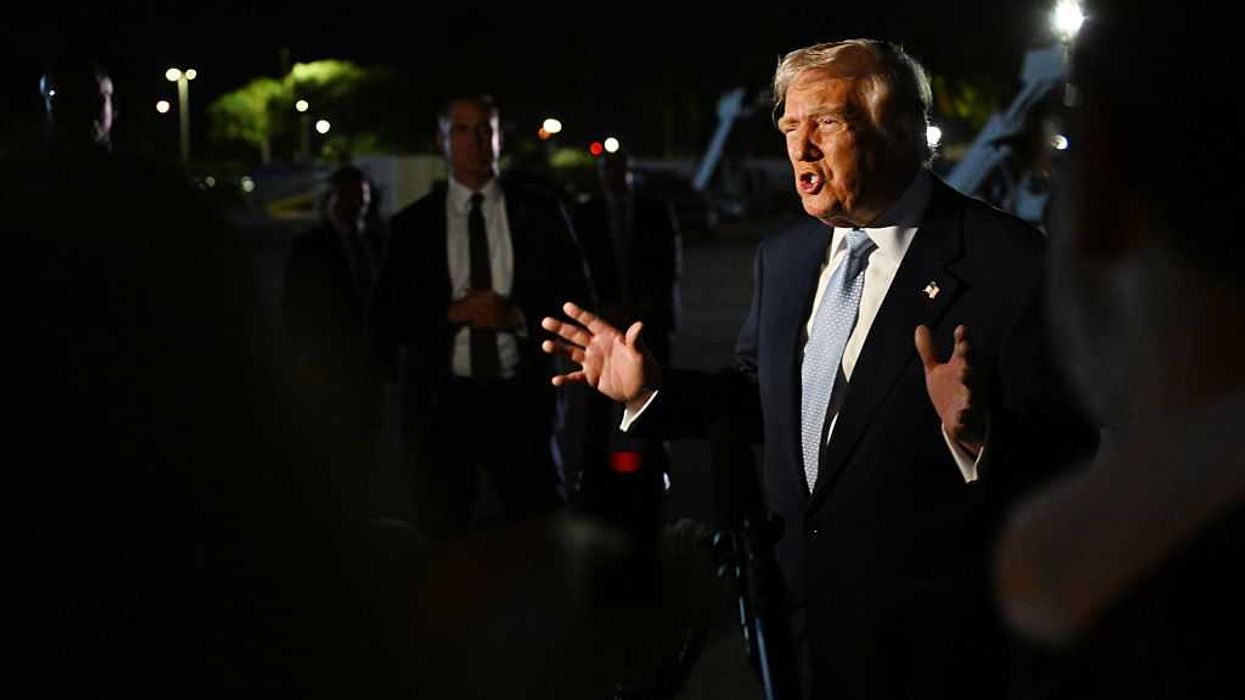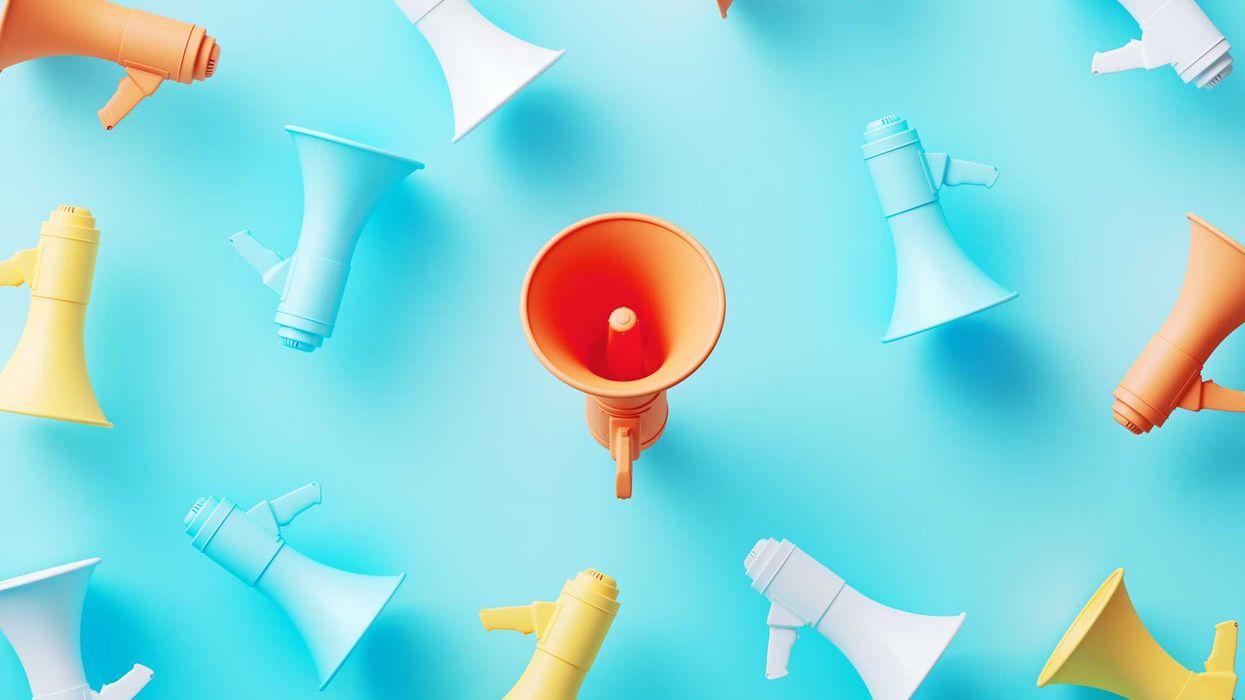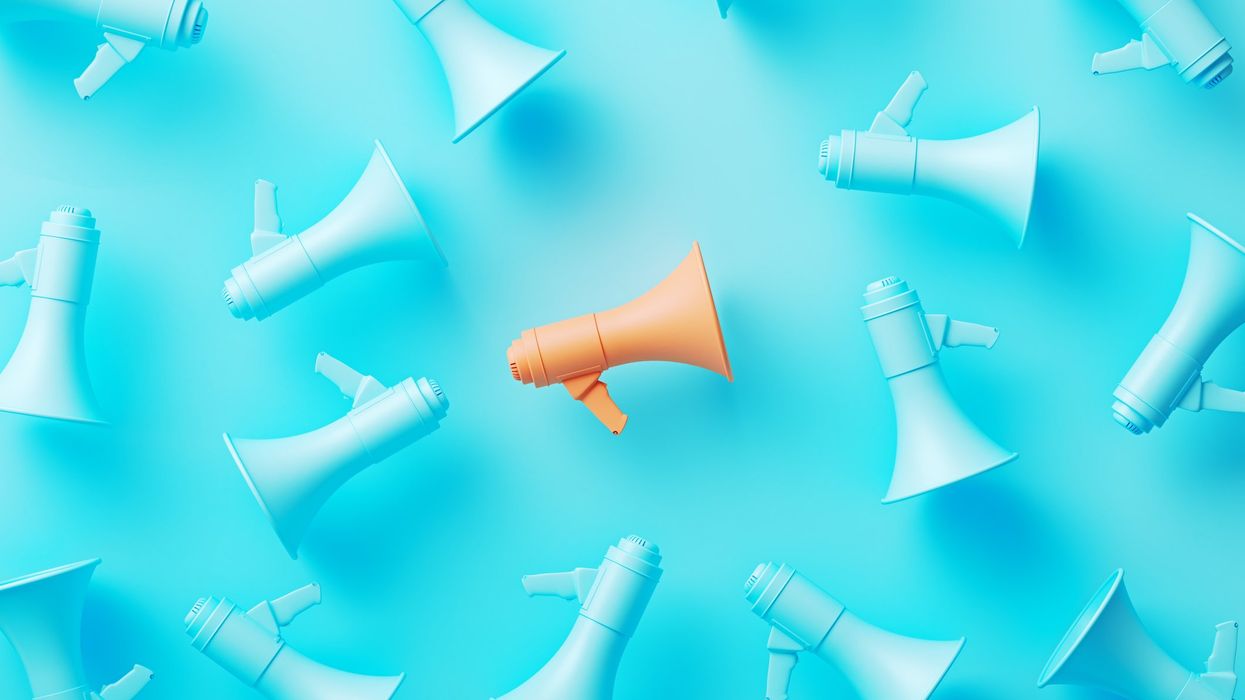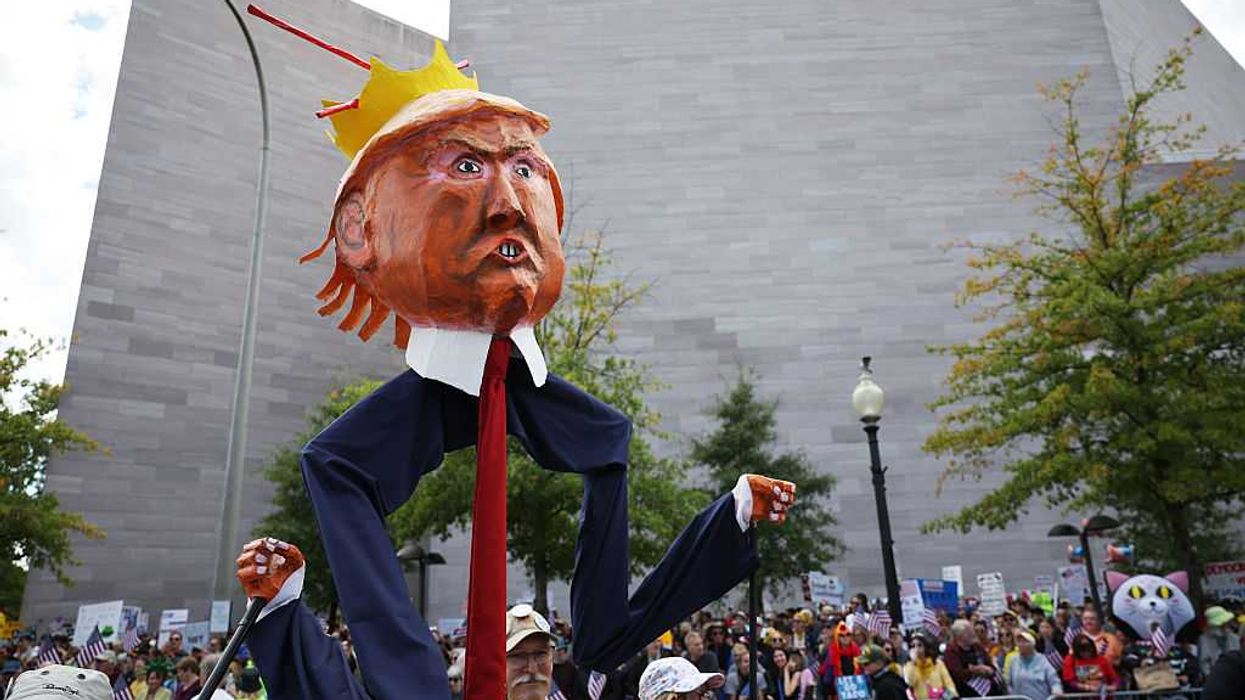Anderson edited "Leveraging: A Political, Economic and Societal Framework" (Springer, 2014), has taught at five universities and ran for the Democratic nomination for a House seat in Maryland in 2016.
Political polls have value, but their value is very limited.
President Trump did much better in the election than the polls predicted. If he had won about 100,000 more votes across Pennsylvania, Georgia and Arizona, he would be headed toward his second term. This is basically the same thing that happened to Hillary Clinton when she lost Pennsylvania, Michigan and Wisconsin by a combined 77,000 votes four years ago. It is true that President-elect Joe Biden is ahead nationally by 6.2 million votes, but the total number of people who support each candidate continues to have no relevance to how we choose a president.
The so-called exit polls, two national surveys taken of people after they cast their votes on Election Day or before, suggest that 6.5 million of Trump's ballots came from people who said they had just voted for the first time. This factor helped to explain the president's better showing in the battleground states than the pre-election polls suggested.
One wonders how any polls could have predicted the increase in new voters for Trump. You can ask people if they plan to vote for the first time, but this is something like predicting the weather a week or two, or indeed a month, in advance. Don't bet on a sunny day or a rainy day a month out. Very few meteorologists would.
Consider a second problem: If a candidate is down in the polls, say by 5 percentage points, it may encourage supporters of the opponent to get out and vote — because they see their candidate needing their help. Likewise, a polling lead like that could harm the candidate who's ahead, because his or her fans may decide it's OK to stay home — due to inconvenience, illness or some other reason — because it appears their help will not be needed.
This is basically manipulative. Polls, yes, can be manipulative.
A poll two weeks out is not like a crisp photograph of the pack at the Kentucky Derby approaching the final stretch: Polls do not give an actual picture of where the candidates are, relative to one another, because it is impossible to get such a clear picture. At best, you can get a picture that is 95 to 97 percent accurate — and that's a pretty fuzzy picture. And your picture may actually be 90 percent accurate or less.
At bottom, polls in the information age have threatened the very idea of voting in a democracy because they essentially tell voters what they should expect to happen unless the race really appears nose to nose. The very act of voting is compromised by the pollsters because people expect the outcome to be as predicted by the polls. We are handing our freedom to the pollsters, since we vote feeling that the outcome has already been determined.
Polling has also been criticized because it limits public discussion. Back in 1986, Johns Hopkins University political scientist Benjamin Ginsberg argued in "The Captive Public: How Mass Opinion Promotes State Power" that polling typically reinforces the status quo. Questions are posed in such a way to restrict the alternatives available to citizens. By answering the questions posed, public understanding of problems and public dialogue itself are both narrowed. Polling in the United States also reinforces the dominance of the two-party system.
The polling industry is obviously not going to be put out of business, and polling can have value. But it is critical for citizens to appreciate that polling can both mislead them as they head into the final stages of a ballot measure campaign or contest among candidates — and make it more difficult for the unconventional ideas and people to gain attention.
Polls can manipulate us and put brakes on our imagination. Tens of millions of dollars a year are invested in the polling industry for candidates and interest groups in search of a path to victory. How much of that money is really being used to mislead us and restrict our choices?
There is no easy answer to this question and no easy way to stop candidates and interest groups from using polls. But making citizens aware of the severe limitations of polls is a first step toward putting polls in their place.
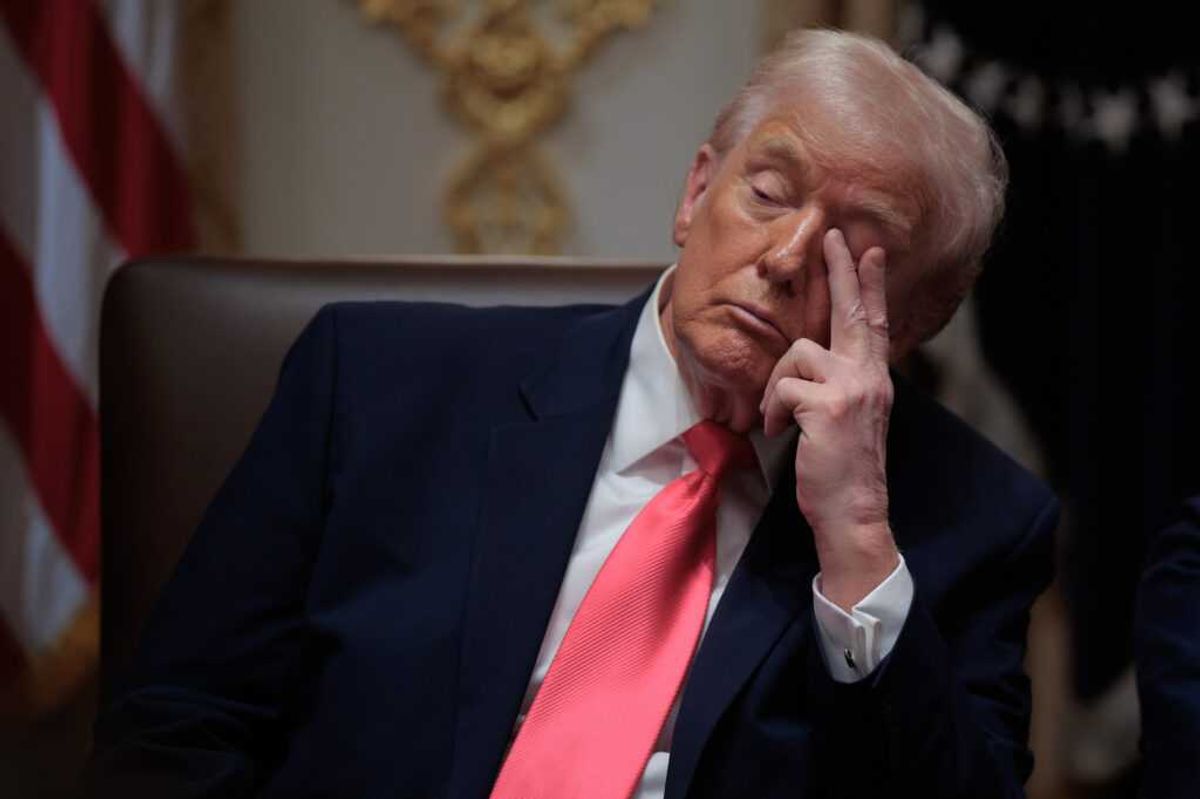
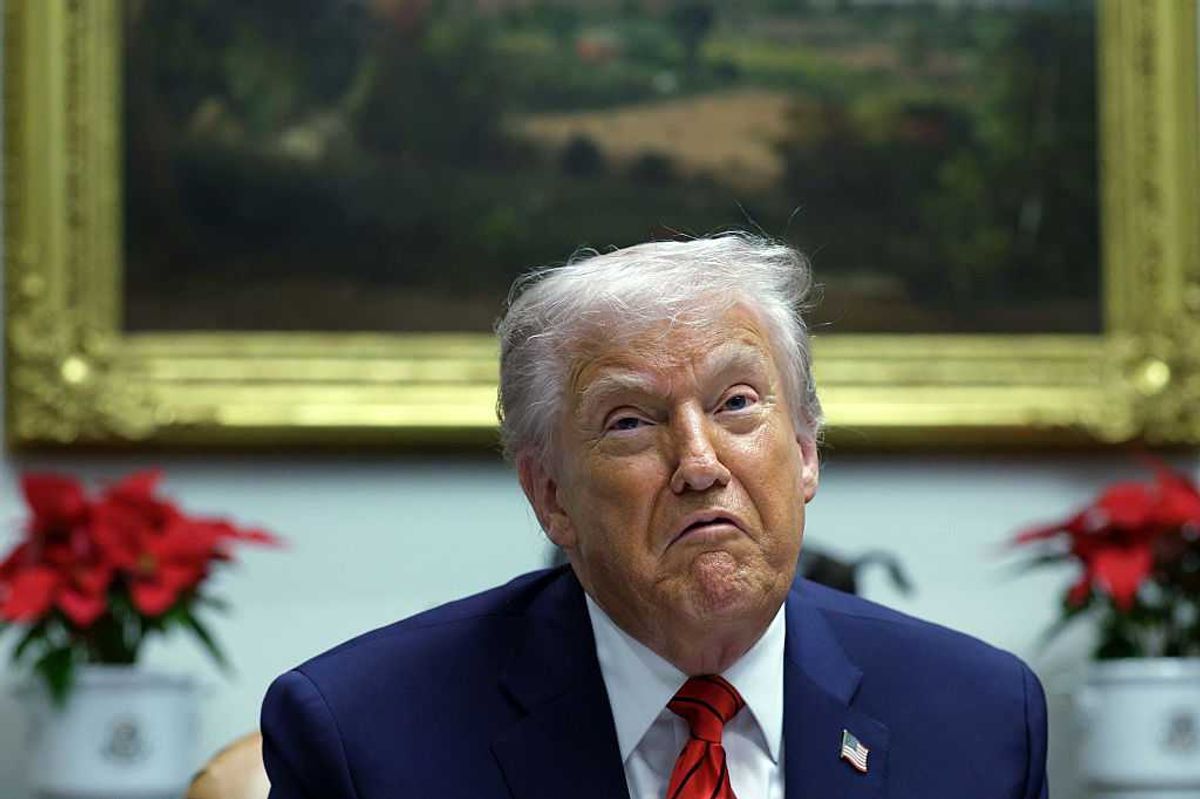
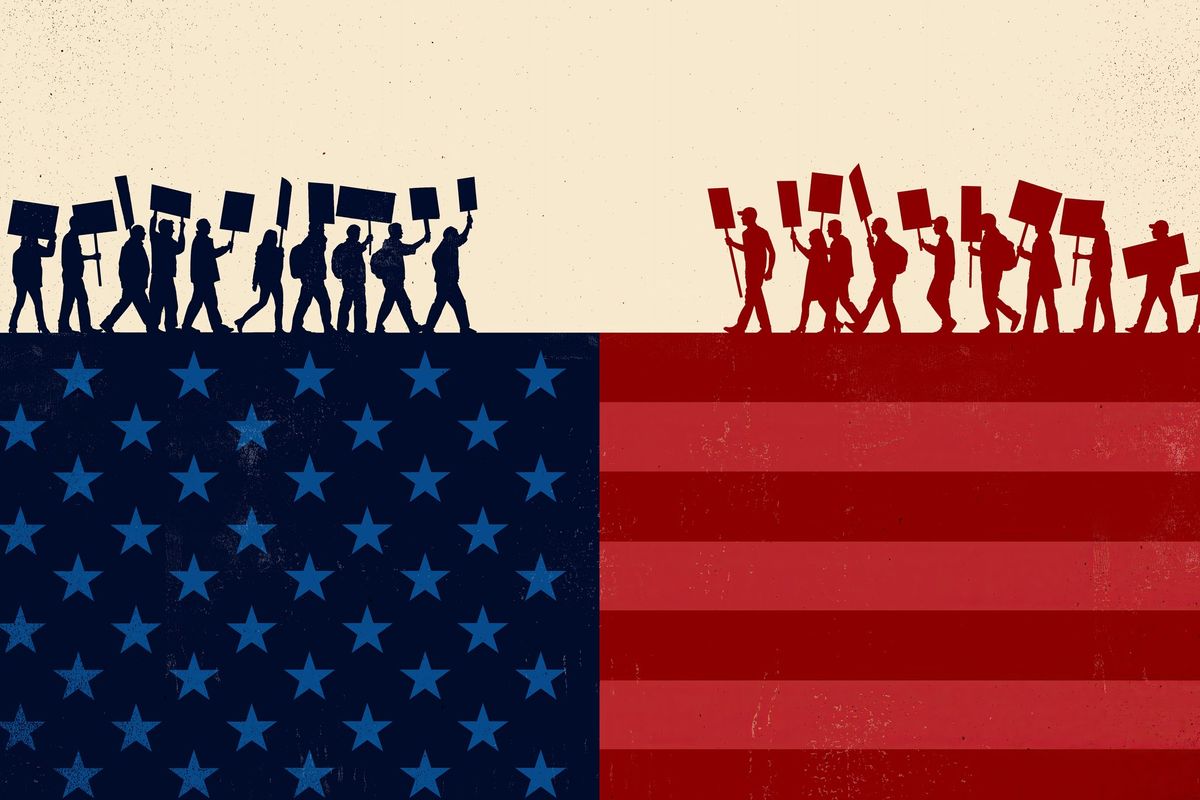
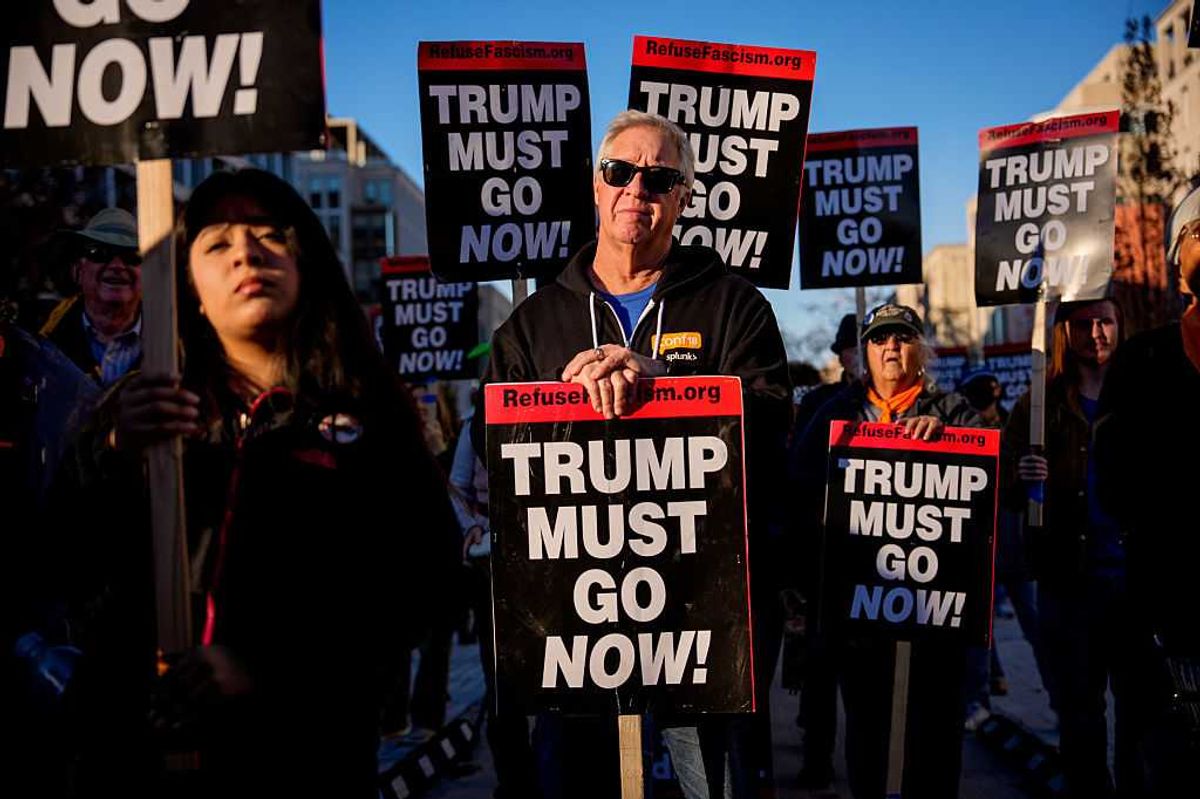

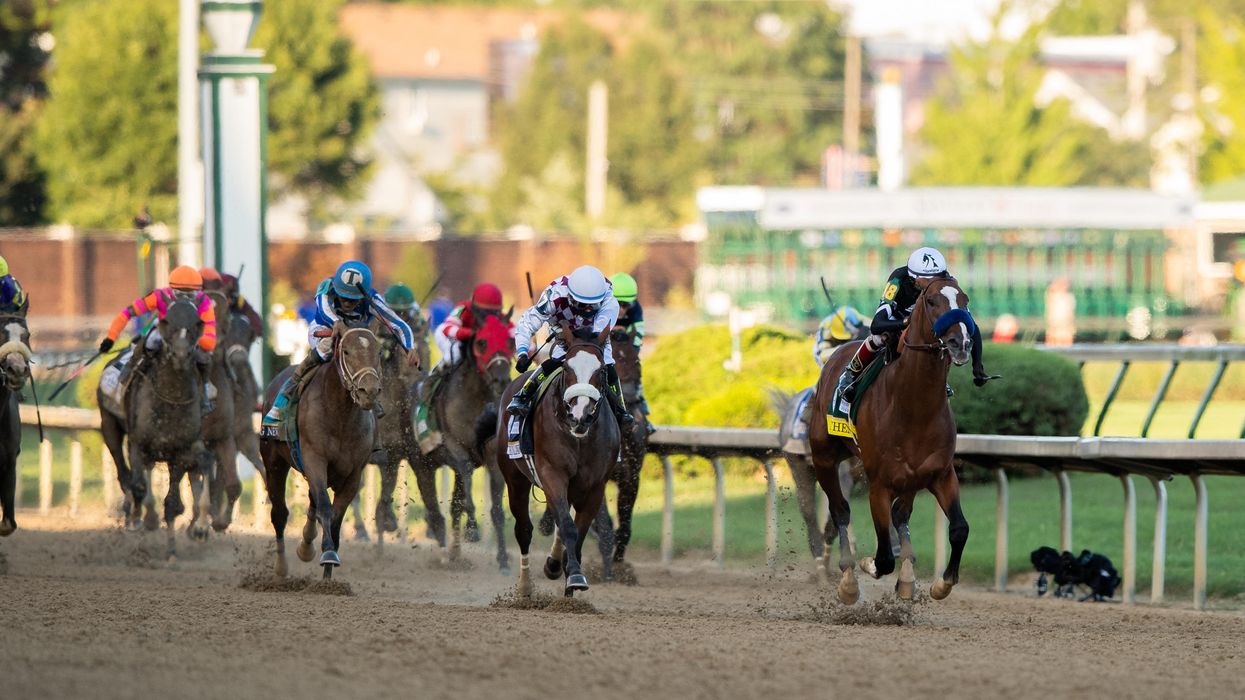

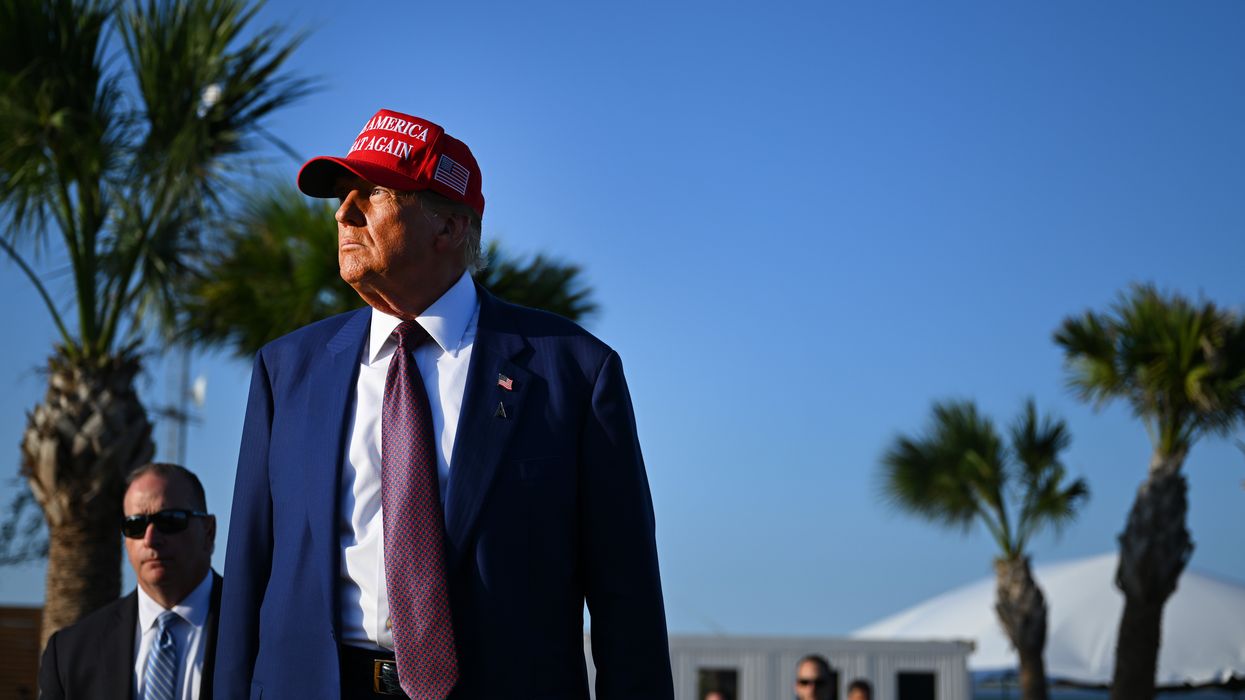

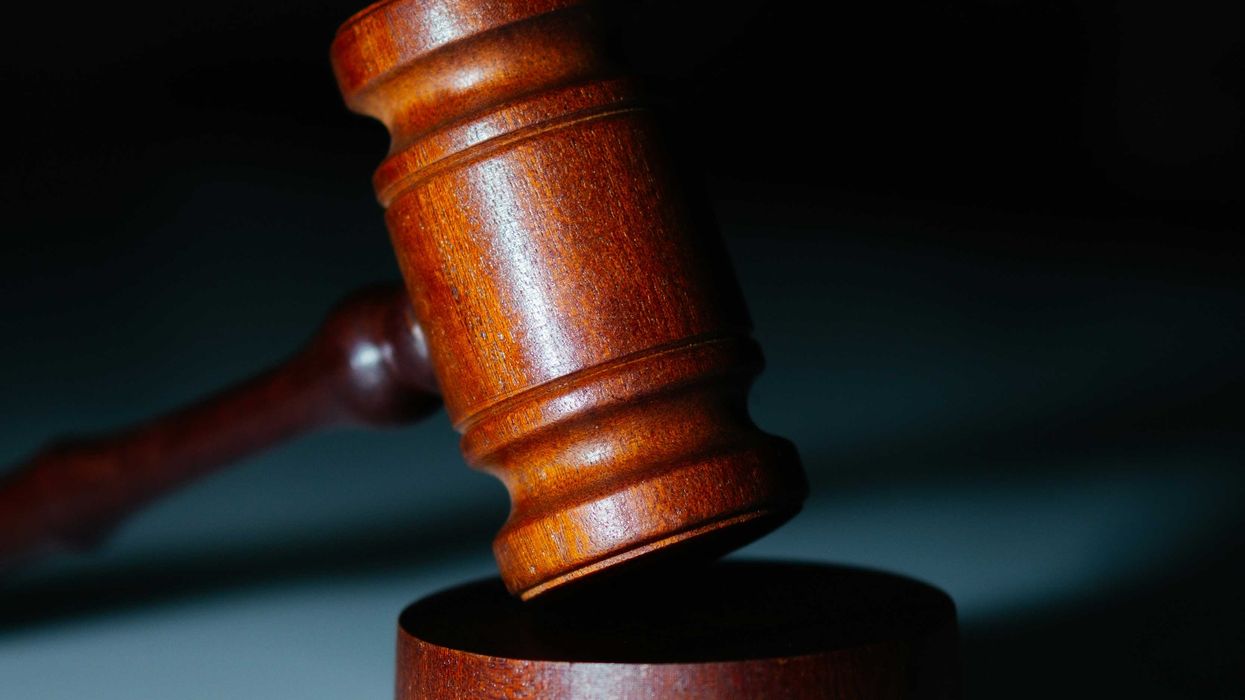
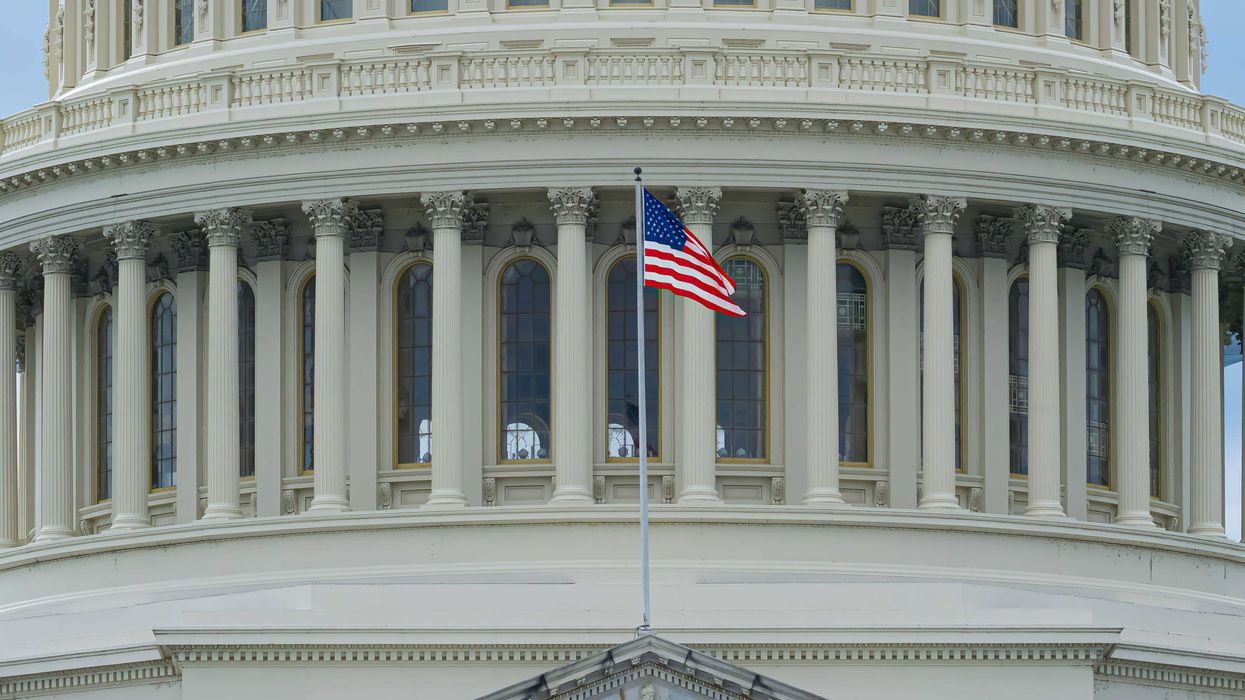
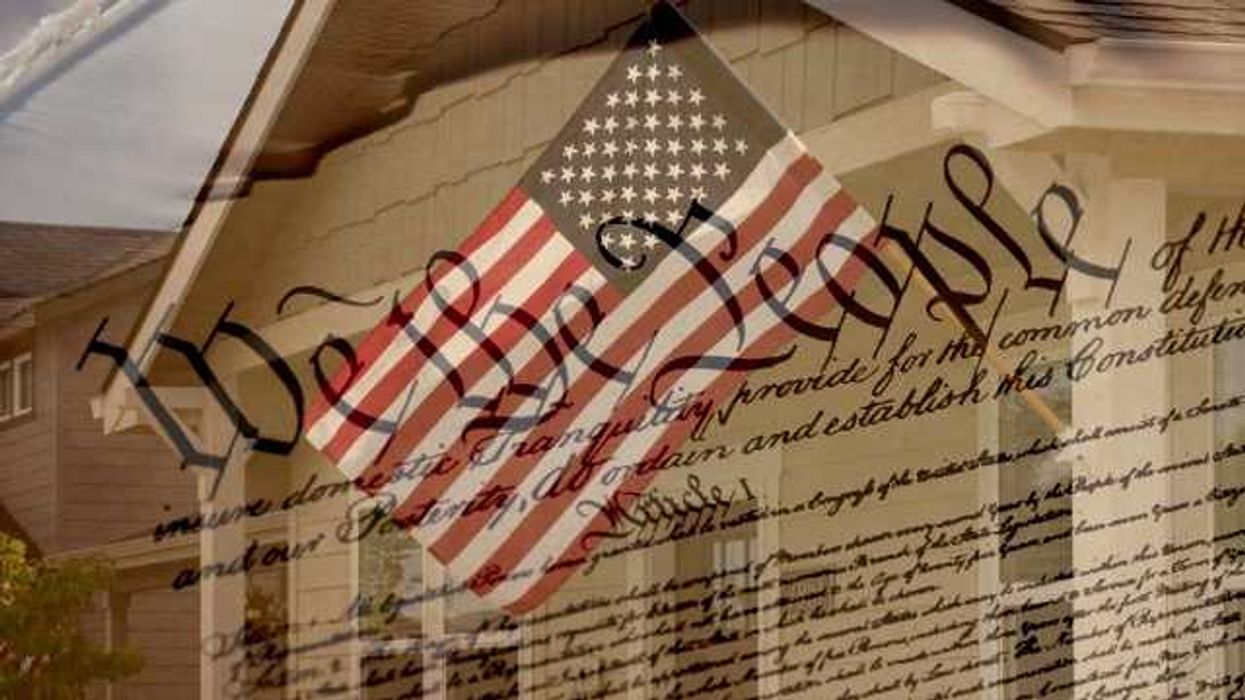
 Shannon Gormley, Rhode Island Public Schools
Shannon Gormley, Rhode Island Public Schools Les Sinclair, Blue Ridge Area Food Bank
Les Sinclair, Blue Ridge Area Food Bank Elena Casillas Hoffman,
Elena Casillas Hoffman, 
 Darrious Hilmon, Executive Director, CAN-TV
Darrious Hilmon, Executive Director, CAN-TV



